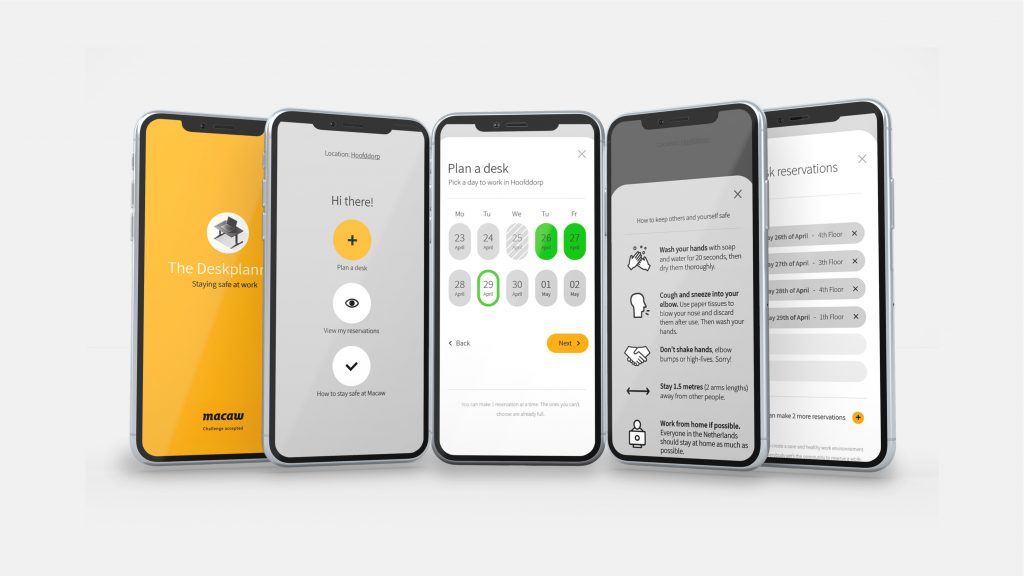Business Applications: the accelerator of innovation
The demand for digital solutions is growing rapidly. At the same time, there’s a shortage of developers and IT departments are under more pressure than ever. Business Applications are becoming the key accelerator of digital transformation for your organization.
With a low-code/no-code platform like Microsoft Power Platform, you empower your employees to digitize and automate processes in an accessible way. Manual processes in Excel or on paper can be easily turned into digital apps. The result: speed, efficiency, and fewer errors. Additionally, the platform enables professional developers to build more complex solutions faster. That means a better employee experience and a stronger drive for innovation within your organization.
Application Integration: the key to seamless processes
As an IT manager, you understand how crucial seamless integration between systems is. Meet Azure Integration Services. This cloud-based integration platform helps you tackle the challenges of system integration with ease. Azure Integration Services connects your on-premises and cloud applications, data, and services effortlessly. It streamlines workflows, automates processes, and ensures predictable costs. Macaw has in-depth experience implementing integration platforms using proven best practices. We ensure smooth system integration and more efficient business operations.
Macaw: your partner in Business Applications and Application Integration
Looking for an experienced, driven, and successful partner? Macaw offers over 30 years of expertise in the Microsoft stack, the best-qualified people, and broad experience in business applications—working with clients such as Heineken, FrieslandCampina, and Tata Steel. We help you unlock the full potential of the Power Platform and support you from governance to adoption. Want to brainstorm? Get in touch.








